Description
Prostatectomy is a surgical procedure to remove part or all of the prostate gland. This surgery is primarily performed to treat prostate cancer or benign prostatic hyperplasia (BPH), which is an enlarged prostate12.
Types of Prostatectomy
- Simple Prostatectomy:
- Radical Prostatectomy:
Familiarity with Treatment
Prostatectomy is a well-established procedure with a long history of use in treating prostate-related conditions. Surgeons are highly trained in both traditional and minimally invasive techniques, ensuring a high level of expertise and care12.
Procedure
- Preparation: Patients undergo preoperative evaluations, including blood tests, imaging studies, and sometimes a biopsy.
- Surgery: Depending on the type, the surgery can be performed through open incisions or minimally invasive methods. The duration varies but typically lasts a few hours.
- Recovery: Hospital stay ranges from a few days to a week. Full recovery can take 4 to 10 weeks12.
Suitability
- Suitable for:
- Not Suitable for:
Advantages
- Cancer Treatment: Effective in removing localized prostate cancer.
- Symptom Relief: Alleviates severe urinary symptoms caused by BPH.
- Minimally Invasive Options: Reduced pain and quicker recovery with laparoscopic or robotic surgery12.
Complications
- Common: Urinary incontinence, erectile dysfunction.
- Less Common: Infection, bleeding, blood clots, injury to surrounding organs12.
Previous Care
- Preoperative: Patients may need to stop certain medications, follow a special diet, and undergo bowel preparation.
- Counseling: Discussions about potential risks and benefits, as well as postoperative expectations12.
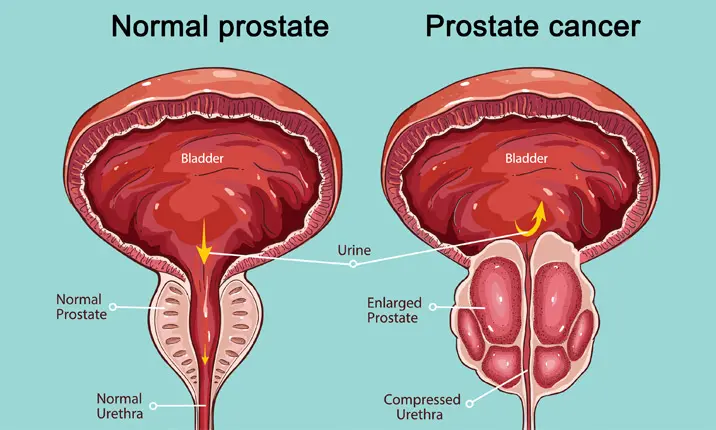
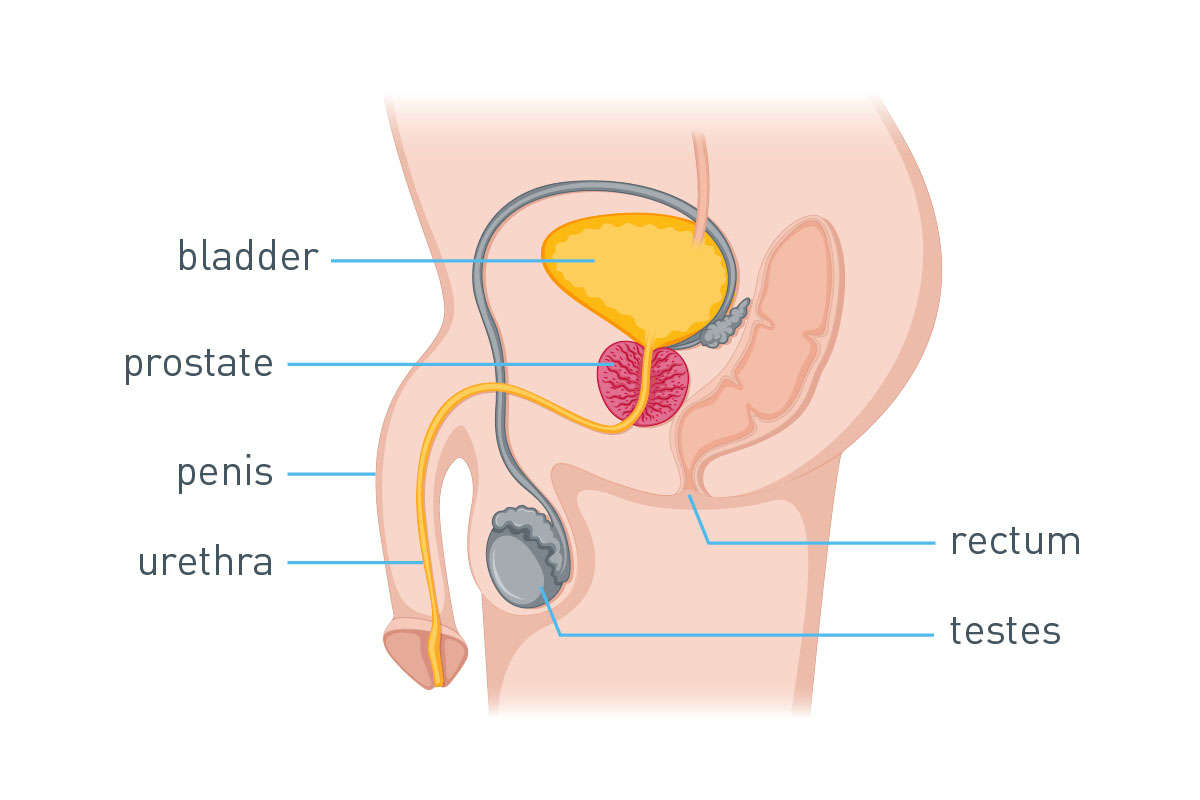
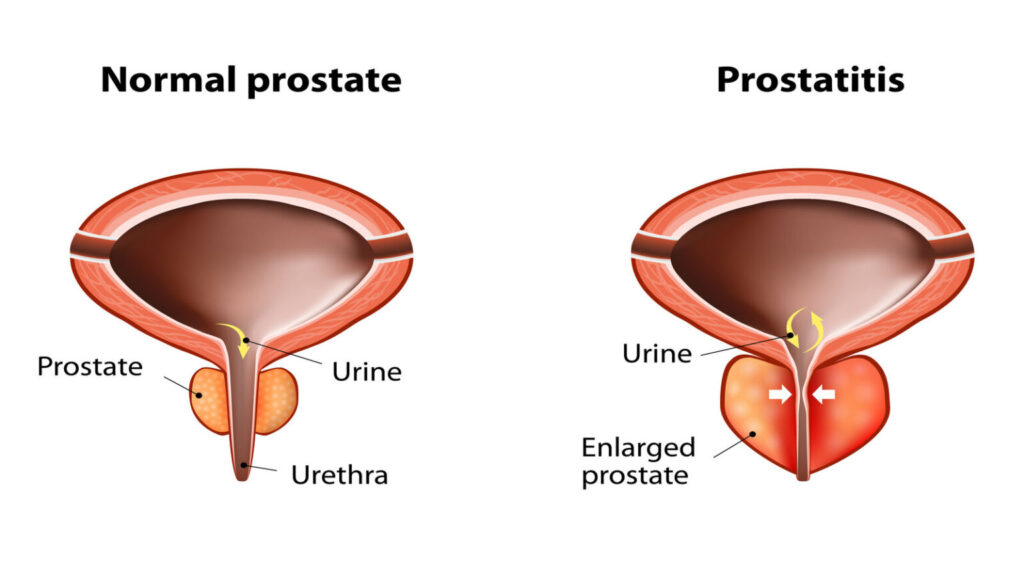


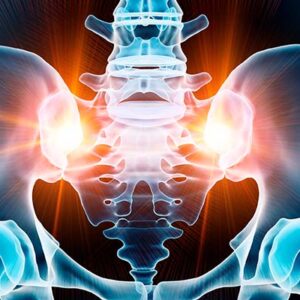
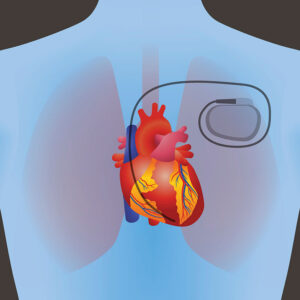
Reviews
There are no reviews yet.